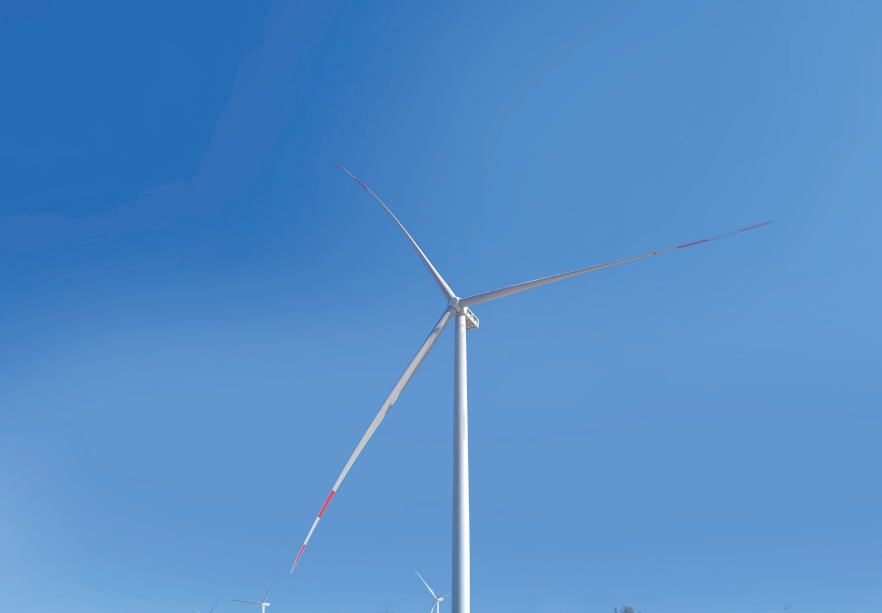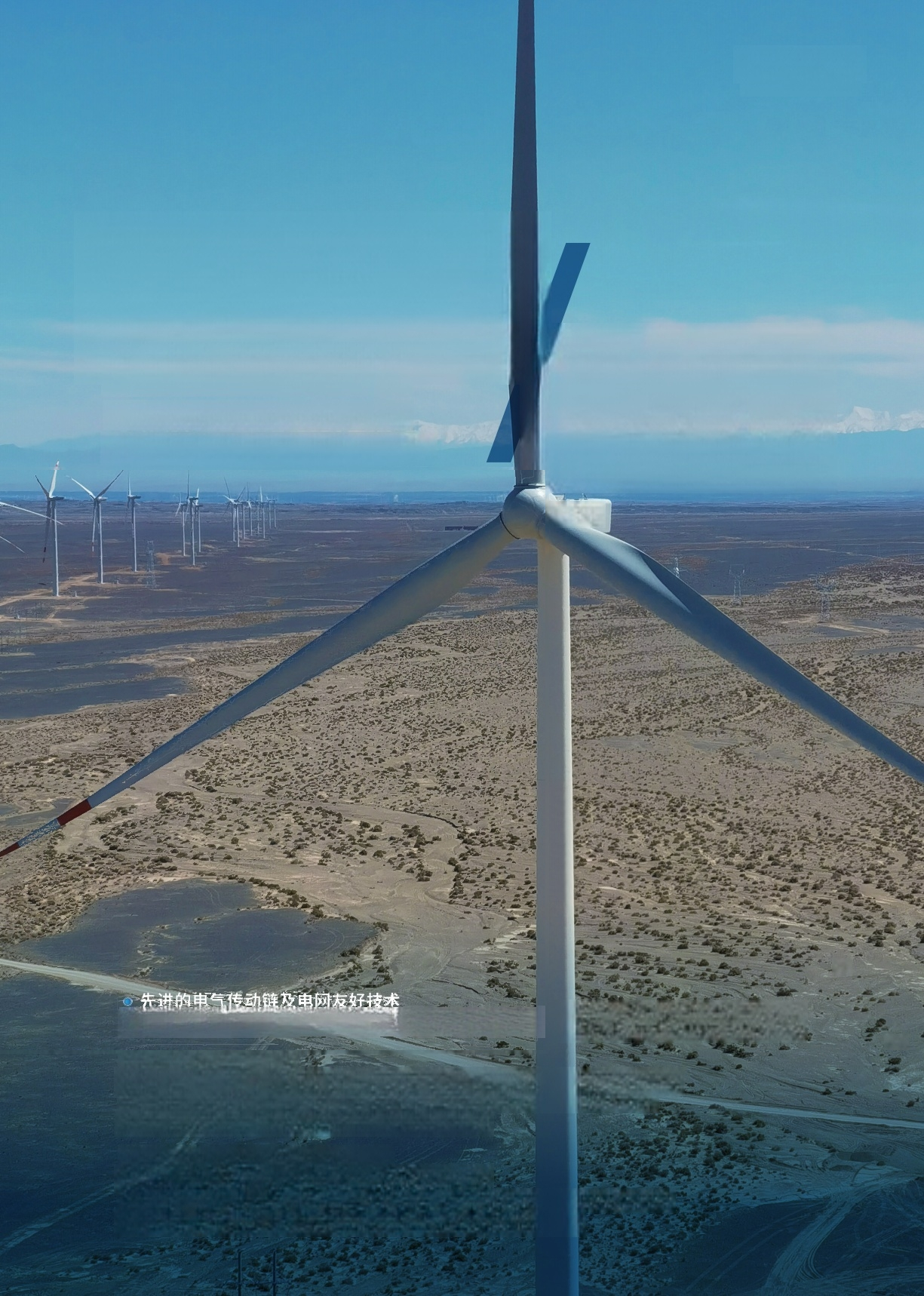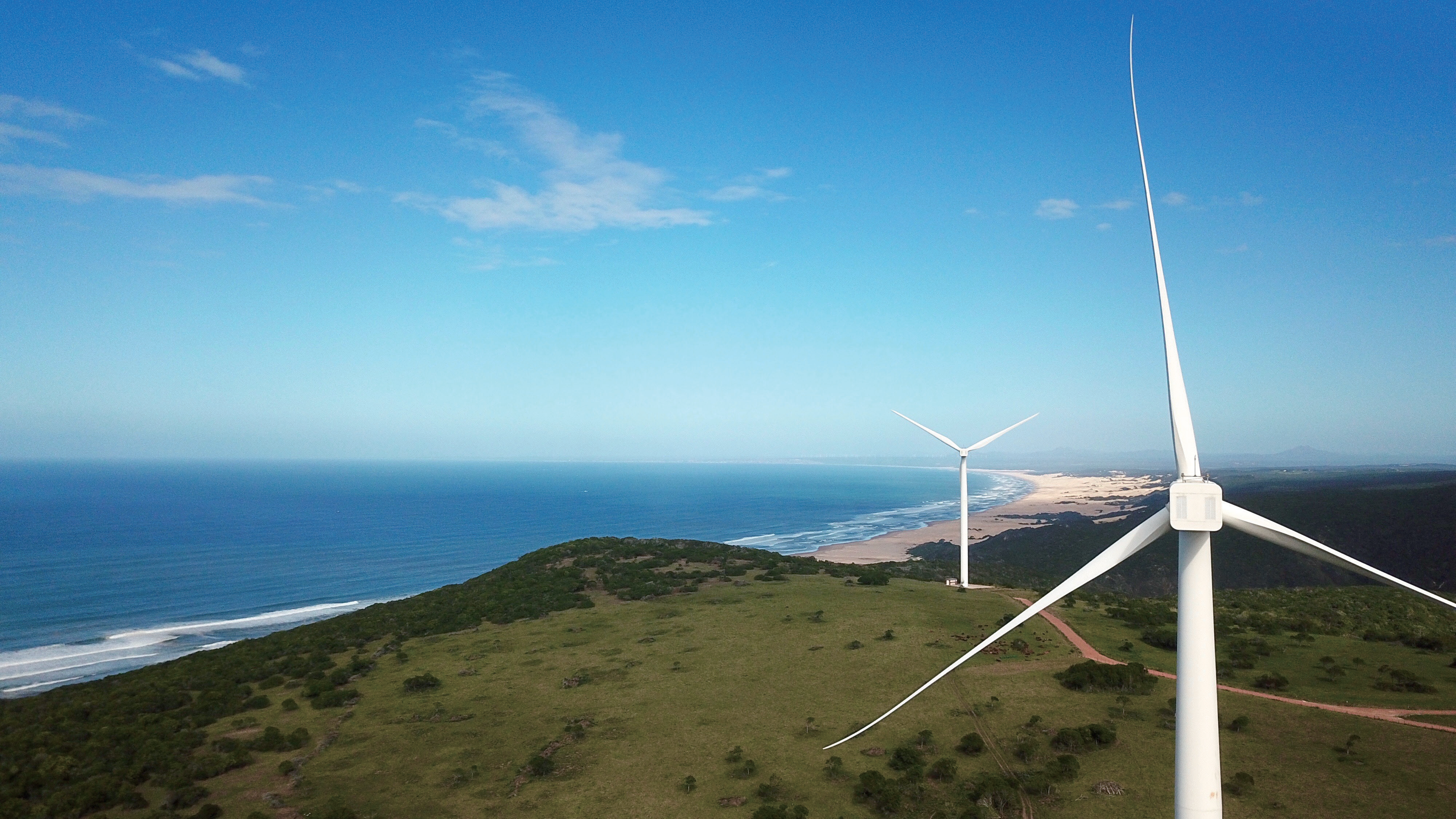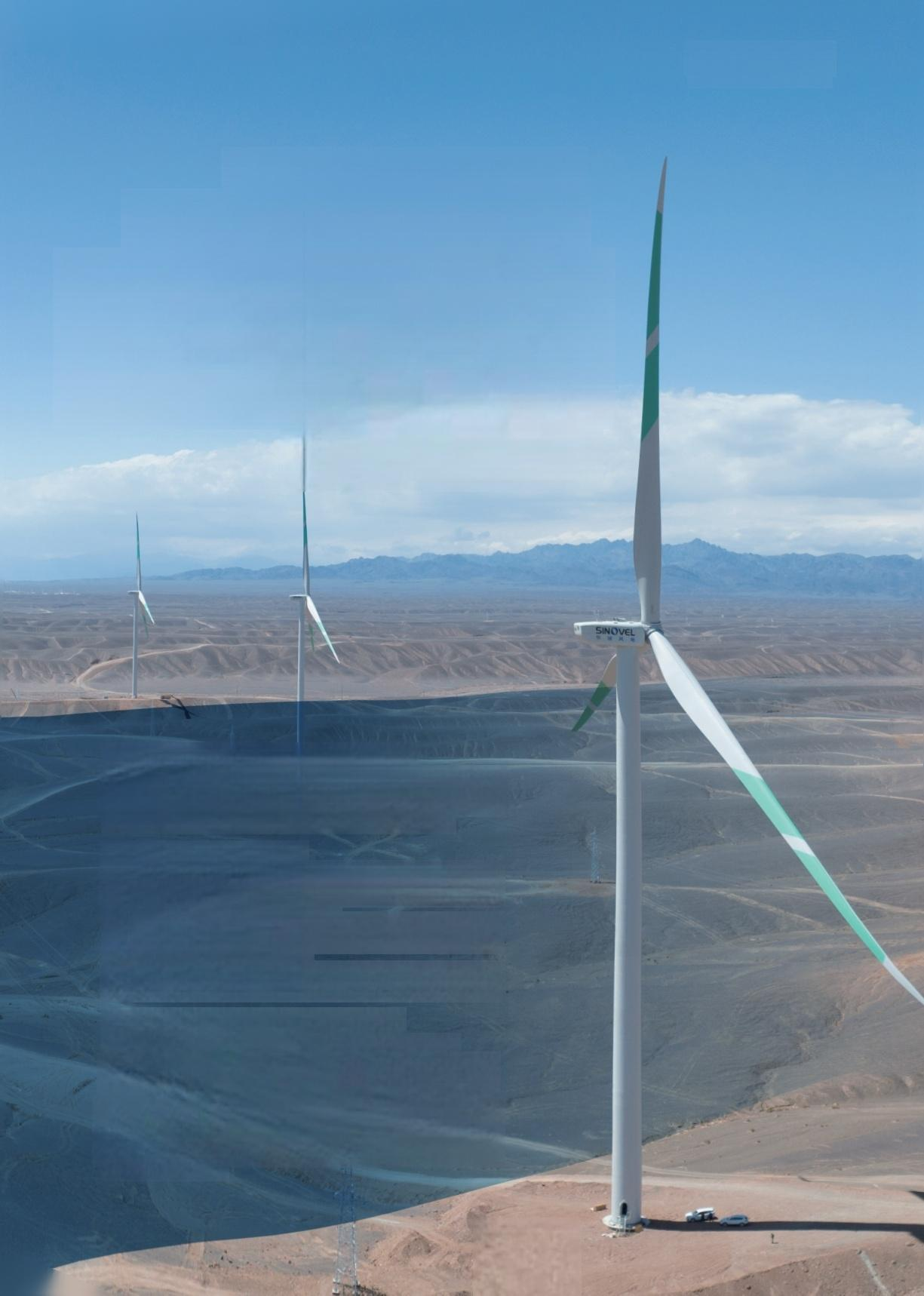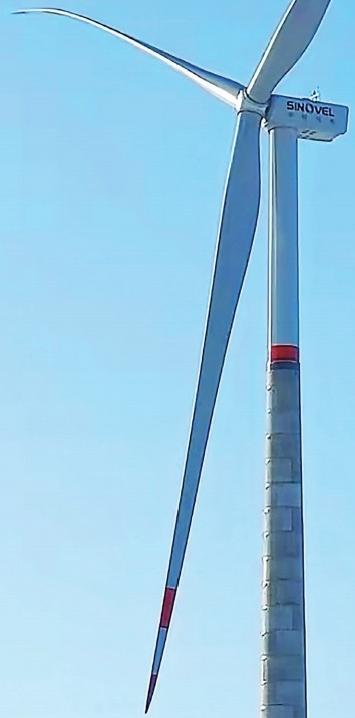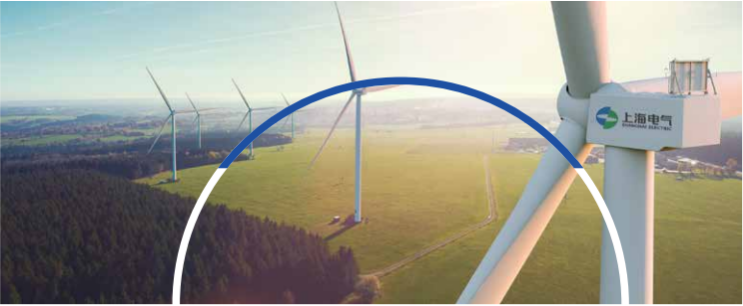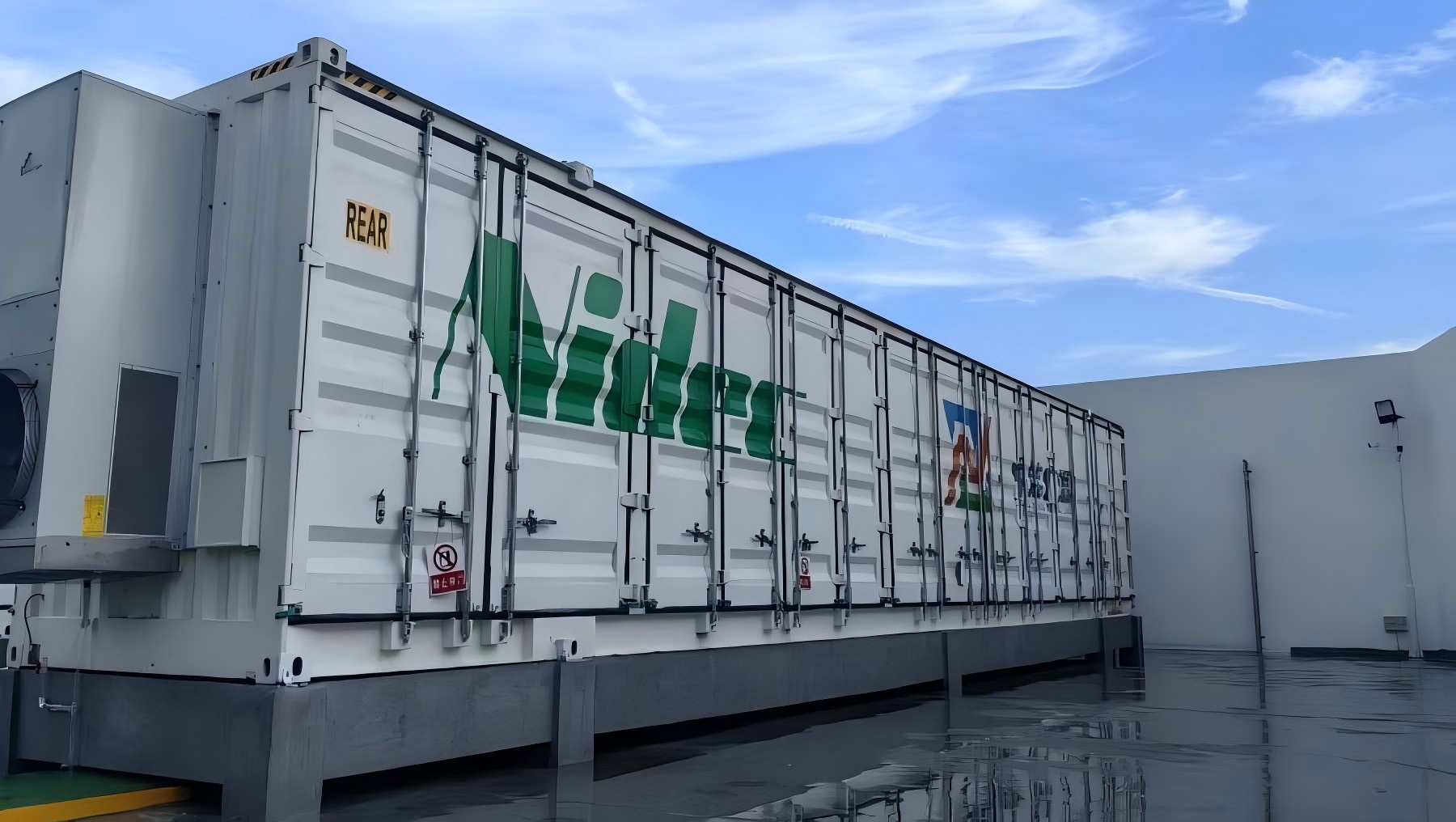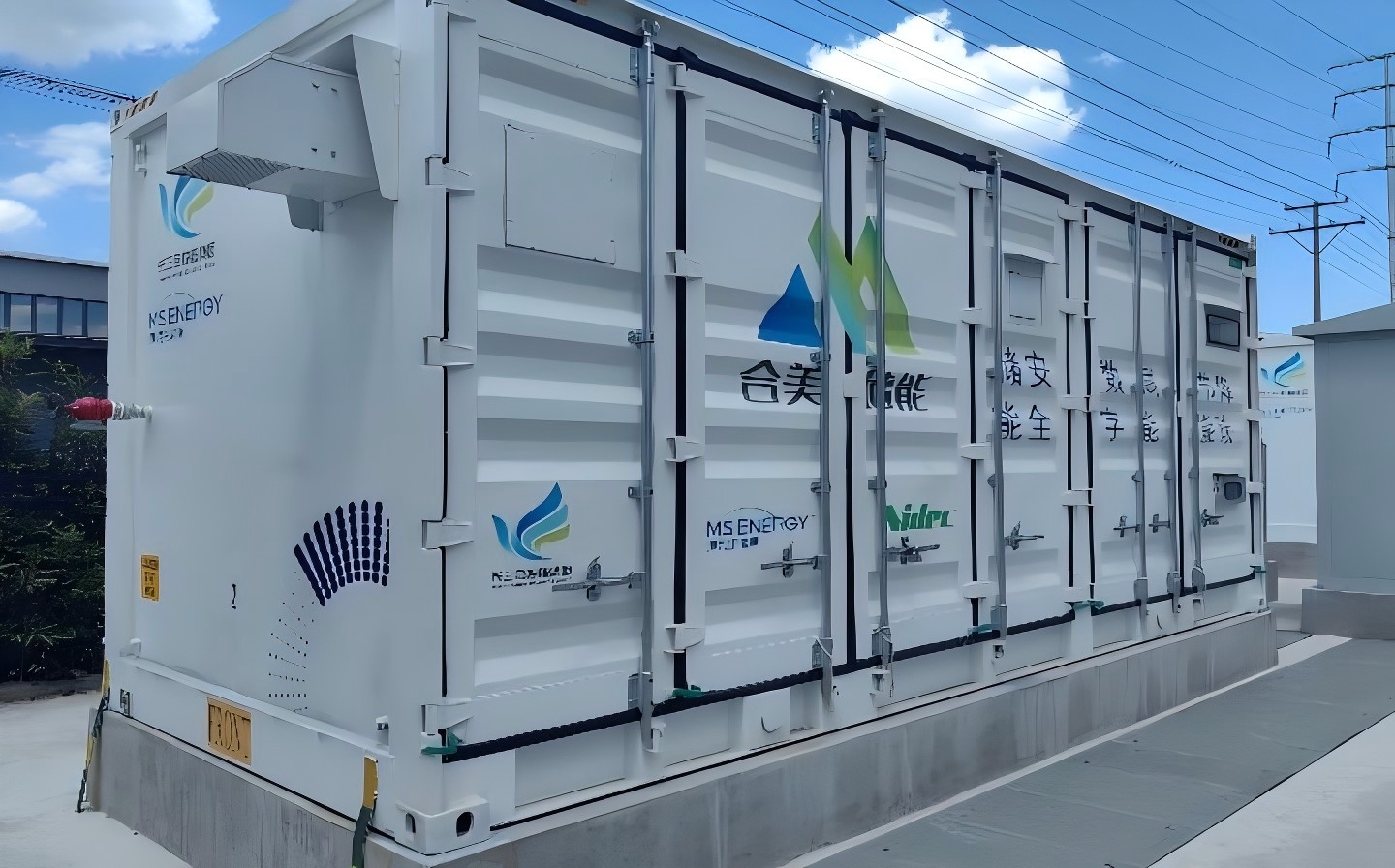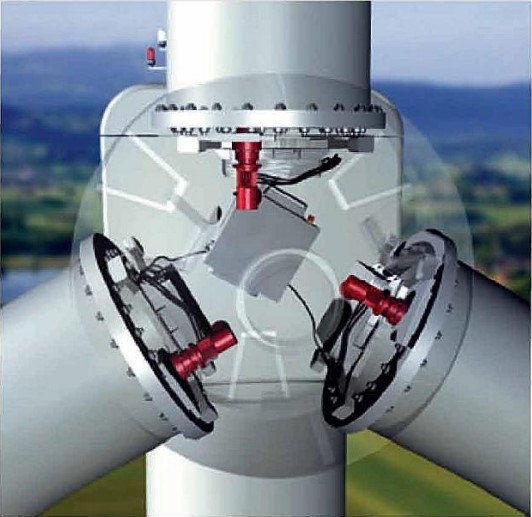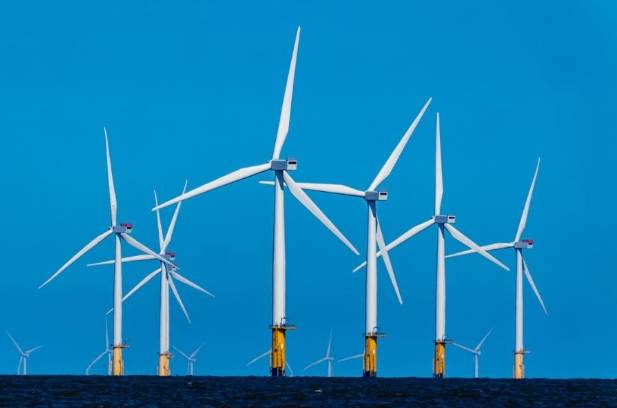
Scotland study on building floating wind farms ‘on industrial scale’ in North Sea
Wedoany.com Report-Jan 22, A new offshore energy hub in Scotland is to play a key part in the groundwork towards building floating wind farms in the North Sea.
Sarens PSG’s Offshore Wind Centre of Excellence has been chosen as the base for a major study aimed at enabling the rapid and cost-effective deployment of floating wind turbines on an industrial scale.
The offshore wind assembly, transportation and launch specialists in Aberdeen’s Energy Transition Zone have been commissioned by renewable energy partners, the BlueFloat Energy and Nadara Partnership, to "pioneer innovative solutions for transporting floating foundations from land to sea".
The study will focus on developing methods to deploy completed floating wind structures directly from construction or production facilities to operational sites. It aims to achieve this for production line scale volumes, spanning multiple operational years.
By investigating deployment operations, the study will identify key cost, risk, and scheduling implications and assess the impact of these factors on port infrastructure within the context of the Partnership’s ambitious projects.
The announcement comes as hundreds of industry leaders, government and stakeholders prepare to gather for the Scottish Renewables Offshore Wind Conference in Glasgow on January 22 and 23.
Key challenges under examination include ensuring safe, fast, and low-risk processes while minimising costs and assessing the most effective and appropriate use of high-specification port infrastructure - critical for the successful industrial-scale deployment of floating offshore wind technology.
Sarens PSG said it will leverage the world-class engineering expertise of its partner Sarens NV, a global powerhouse in engineered heavy lift and transport.
Steve Clark, managing director of Sarens PSG, said: "While deployment techniques have been trialed in smaller-scale demonstrator projects, scaling these processes to achieve major deployments with next-generation solutions at pace and cost-effectively will be transformative for the industry."
He added: "This investment in innovative research underlines the partnership’s commitment to delivering successful floating offshore wind projects that are pivotal to global energy transition efforts and achieving net zero targets. It has the potential to be an absolute game-changer for the sector."
David Robertson, UK portfolio director at the BlueFloat Energy and Nadara Partnership, said: "These studies represent a significant step forward in the development of our pipeline of floating offshore wind projects in Scotland and will not only deepen our understanding of some of the most pertinent technical challenges facing our industry, but also leverage local expertise through the regional supply chain."
It comes as Scotland was urged separately that it must do more to help “run-of-river” hydropower facilities maximise their output and prevent negative impacts on wildlife in the face of the challenges posed by climate change, according to a new report.
Scotland's Centre of Expertise for Waters (CREW) commissioned the report, which is published today, and is based on research from the University of Glasgow and cbec eco-engineering.
They worked closely with partners at hydropower companies, Scottish Canals, SEPA and NatureScot on the report, which lays out a series of recommendations to help tackle the problem of sediment build-up at dams and weirs across the country.
Planting trees alongside rivers, restoring peatland, and tree planting more broadly across river catchments could help reduce the amount of sediment entering rivers by capturing it before it reaches waterways, it was found.
